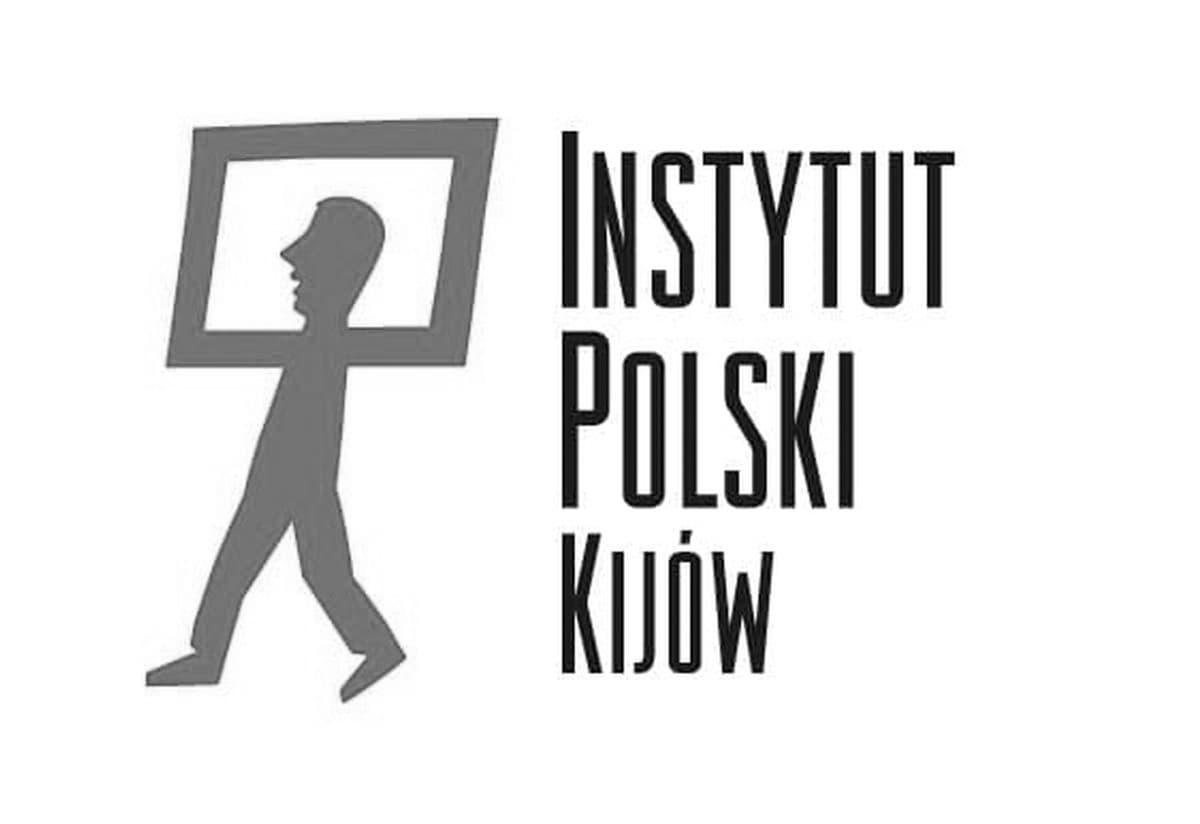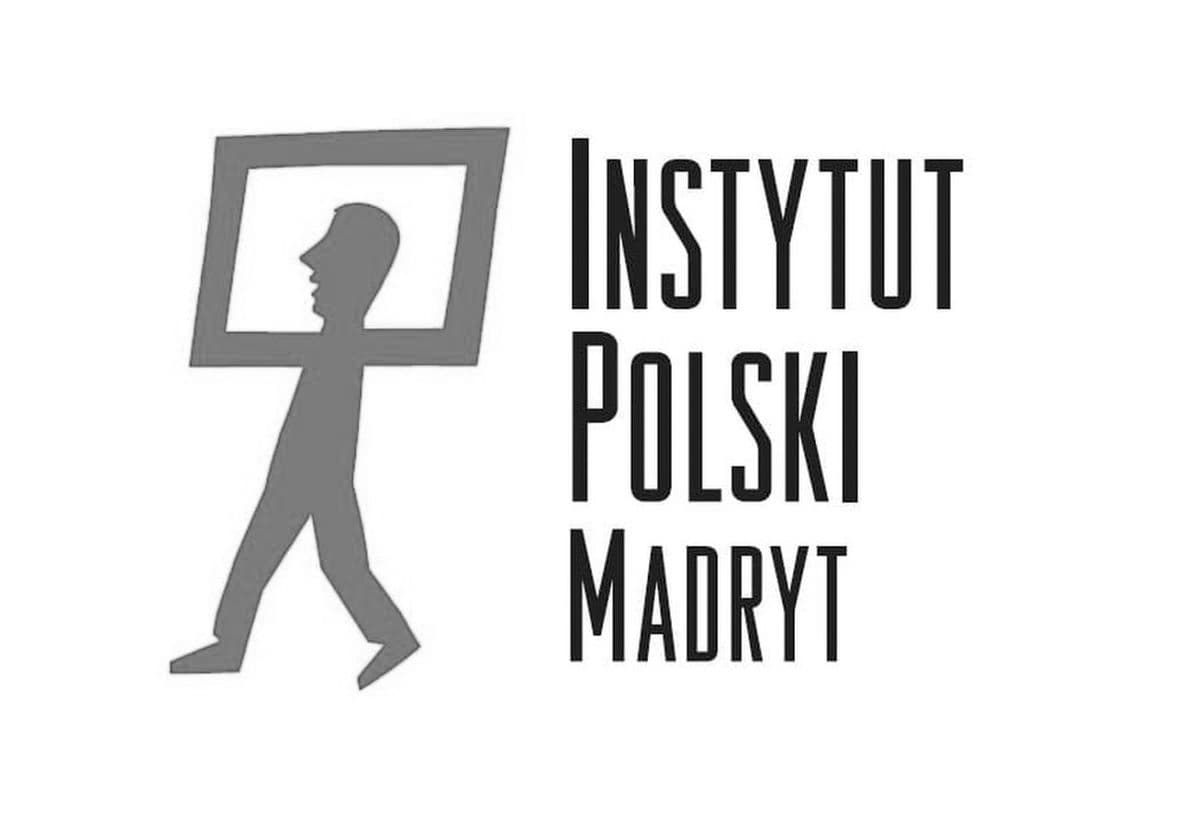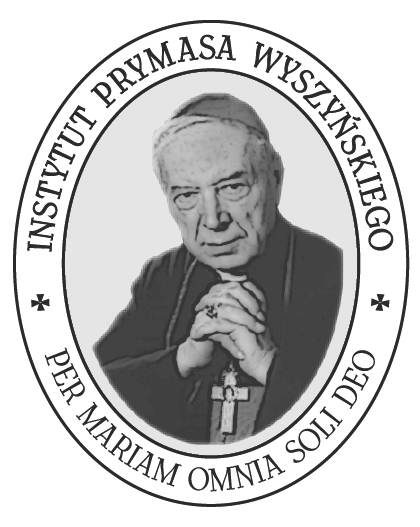Informations
Archive description
Content of the document
The Church's celebration of the two thousandth anniversary of Christ's coming as man is imminent, and this event constitutes a special kairos in our pastoral ministry. The Incarnate Word is the fulfilment of the yearning for God present in every human heart. He is "the faithful witness" (Rev 1:5) that the Father has sent to seek out every man and woman and draw them to share in the inmost life of the Trinity. As a celebration of the supreme manifestation of God's love, the Great Jubilee obliges the Shepherds of the Church to intensify their efforts in the new evangelization needed to lay solid foundations for Christian living in the next Millennium. We should recall the words of the Second Vatican Council: “The Church believes that Christ, who died and was raised up for all, can though his Spirit, offer man the light and the strength to measure up to his supreme destiny. . . that beneath all changes there are so many realities which do not change and which have their ultimate foundation in Christ, who is the same yesterday and today and for ever (cf. Heb 13:8)” (Gaudium et Spes, 10). In consequence, we must have no fear or hesitation in fulfilling the tasks committed to us, namely, to be true and authentic teachers of the faith (munus docendi), ministers of grace (munus sanctificandi) and good shepherds of God’s people (munus regendi) (cf. Christus Dominus, 2).
2. Society needs to rediscover the original freshness of the Gospel and to hear again Christ's message of salvation, truth, hope and joy for the world. As Bishops, one of our primary duties is to announce and teach the Catholic and Apostolic faith. To be convincing, we must allow ourselves to be personally and continually transformed by a deep and prayerful relationship with the Divine Master, so that we can communicate to others what we have been privileged to receive. The words of my predecessor Pope Paul VI are most appropriate: "Contemporary man listens more willingly to witnesses than to teachers, or if he listens to teachers, he does so because they are witnesses. He feels, in fact, an instinctive revulsion for everything that appears as pretence, façade or compromise. In this context, we can understand the importance of a life which truly resounds with the Gospel" (General Audience, 2 October 1974).
You are well aware of the demands which the present situation makes upon your ministry. Recent years have witnessed many changes in Irish society, and while some aspects of this transformation make the proclamation of the Gospel more difficult, it is also true that many of the faithful are eager to have a more enlightened knowledge of the faith, to deepen their relationship with God in prayer, to learn how to follow Christ more closely in their daily lives and in the service of the common good, and to have a more lively sense of their own role and responsibility within the Church. This is observable in the spread of prayer groups, Eucharistic adoration and pilgrimages, as well as in the laity's increased involvement in evangelization, works of charity, the defence of life and the promotion of justice. It is also true that the exaggerated individualism which sometimes accompanies increased material prosperity has brought in its wake a declining sense of God’s presence and of the transcendent meaning of human life. The relativism which then takes hold often leads to a rejection of the objective foundations of morality and an overly subjective understanding of conscience, a theme which you addressed in a joint Pastoral Letter of 1998. There follows a corrosion of the sense that Christianity teaches the truth – a truth which we ourselves have not devised but which comes to us as gift. This can in turn lead to discouragement and to the belief that the Church no longer has anything of relevance to say to the men and women of our day. But in fact Christian experience over the centuries, and in our own time also, shows that faith, when tested, can emerge stronger, freer and more vigorous, just as the history of the Church in Ireland eloquently testifies.
3. The new evangelization which can make the next century a springtime of the Gospel will depend very much on the lay faithful being fully aware of their baptismal vocation and of their responsibility for the Gospel of Jesus Christ. Today it is often the laity who must be in the forefront in seeking to apply the Church’s teaching to the ethical, moral and social questions which arise in their communities or at the national level. The specific mission of lay men and women is the evangelization of the family, of culture, and of social and political life. In this, they look to the Bishops for encouragement and leadership.
The Bishops’ task in this regard is to promote the holiness of life and the Christian formation that will enable the laity, in the heart of the temporal order, “to testify how the Christian faith constitutes the only fully valid response ... to the problems and hopes that life poses to every person and society” (Christifideles Laici, 34). Exercising the discernment which belongs to your apostolic office, you must be like the “householder who brings out of his treasure what is new and what is old" (Mt 13:52). It is in this sense that the new evangelization requires a renewal of pastoral governance and activity. As I have often stated, it calls for efforts that are new in ardour, methods and expression (cf. Veritatis Splendor, 106). This is not novelty for novelty’s sake. In fact, the practices and traditions that have been an integral part of Irish Catholic life should be maintained, and revived where necessary: sacramental practice, popular piety, pilgrimages and traditional devotions which sustain the life of grace and moral commitment have not lost their relevance. There is likewise a need for new forms of prayer and apostolate, new structures and programmes, that help to build a greater sense of belonging to the ecclesial community, a new flourishing of associations and movements capable of showing the perennial youth of the Church and of being a genuine leaven in society. Your personal closeness is needed in supporting and guiding already existing associations of the faithful, many of which have extraordinary merits in the life of the Church in Ireland, as well as the new groups and movements which the Holy Spirit is constantly generating in the Church in response to changing needs.
4. The new evangelization is all the more urgent in view of the many complex reasons which make more difficult the transmission of the faith from one generation to another, with the result that knowledge of the truths of the faith and religious practice, especially among young adults, is declining. Certainly, some of the reasons for this are external to the Church. But others fall within that watchfulness which is an essential part of the ministry of Bishops. The Bishop is the principal teacher of the faith in the portion of the Church committed to his care, and it must be his constant concern to ensure that the true content of Catholic doctrine is taught effectively. Nothing can substitute for the power of the truths of the faith themselves to attract, convince and transform a person’s inner experience. Catholic educators should bear in mind what the Council said, that "the future of humanity lies in the hands of those who are strong enough to provide coming generations with reasons for living and hoping" (Gaudium et Spes, 31). Without the “historical memory” of the two- thousand-year-old tradition of spirituality and culture to which they are heirs, young people find it very difficult to feel an attachment to the Church, and even more difficult to commit themselves to her in a definitive way.
For Bishops and priests the main means of transmitting the faith is through preaching and catechesis. In study, reflection, discernment and prayer, they must continually make their own the saving truth of Christ, in order to be able to transmit a solidly rooted vision of the faith, relevant to the needs of our times. You are called to proclaim the truth courageously, even if what you teach sometimes goes against socially accepted opinion, in the knowledge that the person and teaching of Jesus Christ are not marginal to the needs of today's culture, but on the contrary reveal the deepest meaning of all things human.
5. In the new evangelization, marriage and the family must be the subject of intense pastoral attention. Young people must be helped to develop that generosity, self-giving and commitment which marriage requires. Pre-marriage preparation should ensure that couples fully understand the nature of Christian marriage and are in a position to undertake its responsibilities. Parishes and Catholic associations can be instrumental in supporting couples and families by organizing adult catechesis, spiritual retreats, counselling, or events at which families meet and encourage one another. New ideas and new energies are required to meet the needs of couples in difficulty, and in particular to reach out promptly and efficaciously to women facing pressures to reject the unborn life they bear. The new evangelization involves a strenuous defence of the right to life, the most basic of all human rights — more basic than any individual’s, group’s or government’s “right to choose”. It calls for the faithful to be ever more aware of the Church’s social teaching, ever more active in promoting truth and justice in public life and interpersonal relations. It demands practical solidarity with the weaker sectors of society and all those who are left at the margin of economic development.
6. Relying on the power of God’s grace linked to episcopal ordination, a Bishop must be eager to offer inspiration and encouragement to all those who share with him the burden of the ministry. He must have a close relationship with his priests, characterized by pastoral charity, the capacity to listen, and a sincere concern for their spiritual and human well-being. At a time when priests are suffering due to the pressures of the surrounding culture and the terrible scandal given by some of their brother priests, it is essential to invite them to draw strength from a deeper insight into their priestly identity and mission. I have been close to you in suffering and prayer, commending to the “God of all comfort” (2 Cor 1:3) those who have been victims of sexual abuse on the part of clerics or religious. We must also pray that those who have been guilty of this wrong will recognize the evil nature of their actions and seek forgiveness.
These scandals, and a sociological rather than theological concept of the Church, sometimes lead to calls for a change in the discipline of celibacy. However, we cannot overlook the fact that the Church recognizes God’s will through the interior guidance of the Holy Spirit (cf. Jn 16:13) and that the Church’s living tradition constitutes a clear affirmation of the consonance of celibacy, for profound theological and anthropological reasons, with the sacramental “character” of the priesthood. The difficulties involved in preserving chastity are not sufficient reason for overturning the law of celibacy. Rather the Church “trusts in the Spirit that the gift of celibacy . . . will be generously bestowed by the Father, as long as those who share in Christ’s priesthood through the Sacrament of Orders, and indeed the whole Church, humbly and earnestly pray for it” (Presbyterorum Ordinis, 16).
Reflecting on the fiftieth anniversary of my own ordination, I recalled in Gift and Mystery that the priestly vocation is a mystery of divine choice, prompted only by God's love for the one called. It is a gift which infinitely transcends the individual: “You did not choose me, but I chose you and appointed you that you should go and bear fruit and that your fruit should abide” (Jn 15:16). These words are a challenge to priests to reaffirm the goodness and unique significance of their calling, despite personal weaknesses and failings. They should not hesitate to invite young men to the radical self-giving which the priesthood involves: “The time has come to speak courageously about priestly life as a priceless gift and a splendid and privileged form of Christian living" (Pastores Dabo Vobis, 39). With profound gratitude to God for the holiness, witness and commitment of so many Irish priests, past and present, I encourage you to reaffirm the ideal of the priestly life and to remind the entire ecclesial community of the extraordinary grace implied in ordination, a unique sacramental configuration to Christ by which the priest becomes Christ for others: an efficacious sign of God's saving presence. His striving for holiness and personal maturity, his example of Christian virtue and integrity, his pastoral charity towards all, these are the conditions of a faithful and fruitful ministry, and are what the faithful have the right to expect from those who have accepted the Lord’s call.
7. The value of an authentic, stable and community-centred experience of consecrated life is likewise of immeasurable value for the new evangelization. At the approach of the Third Christian Millennium, the Church has great need of a vital and appealing religious life, which testifies to the sovereignty of God and to the value of the "total gift of self in the profession of the evangelical counsels" (Vita Consecrata, 16). As many religious congregations are facing the challenge of declining numbers and advancing age, Bishops need to help them to reaffirm their confidence in their consecration and mission. Every aspect of the Church’s presence in the world, including all the forms of consecrated life, is the result of and an expression of Christ’s saving Incarnation and Redemptive Death and Resurrection. Consecrated life makes present in various ways the Chaste Christ, the Poor Christ, the Obedient Christ, in a word, the Holy One of God. The importance of this witness for the life of every local Church is such that a Bishop must not fail to do all he can to promote and support this vocation which lies at the very heart of the Church, since it manifests the inner nature of the Christian calling and the striving of the whole Church as Bride towards union with her one Spouse (cf. Vita Consecrata, 3).
8. A rejuvenation of the faith in Ireland can only come from a genuine renewal of liturgical and sacramental life. Especially in the Eucharist, the source and summit of the Church's life, the Holy Spirit leads the faithful to a deep and transforming encounter with the Lord, and gives the grace which enables them to live by the Gospel and to bear witness to it by their actions. Are not the contemplative dimension of the liturgy and reverence for the true Presence, which have been so characteristic of Irish Catholic life, particularly needed now when so much in today’s culture tends to remain at the level of the ephemeral and superficial? In this regard, I am happy to note a renewal of Adoration of the Blessed Sacrament in many parishes in Ireland, a sign that the faithful still have a keen sense of what is essential and life- giving in their faith.
In inviting the whole Church to an intense celebration of the Jubilee Year it was my intention that the anniversary of Christ’s Birth should be “a year of the remission of sins and of the punishments due to them, a year of reconciliation between disputing parties, a year of manifold conversions and of sacramental and extra-sacramental penance" (Tertio Millennio Adveniente, 14). Prevailing trends in contemporary culture weaken the sense of sin, particularly because of a diminished consciousness of God who is all holy and calls his people to holiness of life. A great pastoral effort is therefore required in order to help the faithful to recover the sense of what sin is in relation to God, and consequently to have a profound appreciation of the beauty and joy of the Sacrament of Penance. This requires emphasis on the Sacrament in diocesan pastoral programmes and Jubilee initiatives, calling Catholics to encounter anew the uniquely transforming experience that is individual, integral confession and absolution. The personal nature of sin, conversion, forgiveness and reconciliation is the reason why personal confession of sins and individual absolution are required (cf. Catechism of the Catholic Church, 1484). It is also for this reason that general confession and general absolution are appropriate only in cases of grave necessity clearly determined by liturgical and canonical norms (cf. ibid., 1483; Code of Canon Law, Canons 961-963).
It is now twenty years since I made my Pastoral Visit to your country. On that occasion, I witnessed for myself that at the heart of the Irish Catholic experience is the combination of contemplation and mission, the two pillars on which every evangelizing effort must necessarily stand or fall. It was this combination that inspired Saint Patrick, Saint Colmcille, Saint Brigid, Saint Columbanus, Saint Oliver Plunkett, the Irish Martyrs and so many saintly men and women in more recent times to give up everything for Christ's sake in order to make the Gospel known. May the coming celebration of the Great Jubilee lead to a rekindling of the spirit of prayer and mission so that the Church in Ireland may confidently face the next Millennium rejuvenated and renewed!
Entrusting you and all the priests, religious and laity of your Dioceses to the intercession of Our Lady Queen of Ireland, I cordially impart my Apostolic Blessing.



















